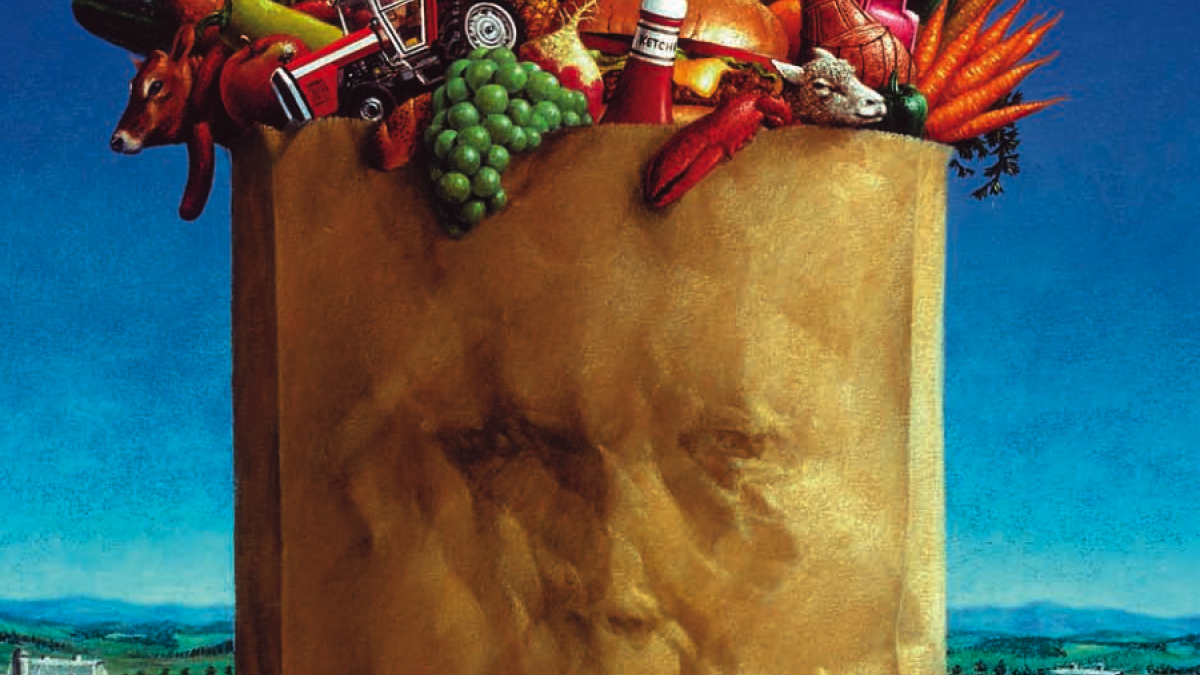Carlson on why 'the future looks like beer and cows'

Carlson to lead two-part lecture on biological technologies
What role does biology play as a human technology? Rob Carlson, a “physicist-turned-bio-entrepreneur” and expert on synthetic biology, presents a two-part lecture and discussion to explore the scientific, economic and ethical dimensions of biological technologies.
Arizona State University’s School of Life Sciences (SOLS) hosts the first of three speakers in its “SOLS Meets Society” series focused on the role of life sciences in today’s society.
On Monday, Oct. 28 from 2 to 4 p.m., Carlson leads “Food, Energy and the Future” – a panel discussion and question and answer session with Carlson and ASU graduate students. The free presentation is open to the public and will be hosted at ASU’s Engineering Center G (ECG-#G224) (New location).
On Tuesday, Oct. 29 from 6:30 to 8 p.m., Carlson presents “The Future Looks Like Beer and Cows: Synthetic Biology and the Economy.” This free, public lecture includes a panel of ASU faculty respondents and will be held at ASU’s Memorial Union, Pima 230 (MU230). Please RSVP.
“Carlson is insightful and provocative, and has thought hard about the social dimensions of science and technology,” said Jason Robert, associate professor with ASU’s School of Life Sciences and Franca Oreffice Dean’s Distinguished Professor in the Life Sciences. “He is a great speaker and his remarks should be very entertaining.”
Carlson’s book, “Biology is Technology: The Promise, Peril, and New Business of Engineering Life,” received the PROSE award for the Best Engineering and Technology Book of 2010 and was also named to the Best Books of 2010 lists by writers at both The Economist and Foreign Policy. Carlson earned a doctorate in physics from Princeton University in 1997 and now works for Biodesic, an engineering consulting and design company in Seattle, Wash.
In January, the “SOLS Meets Society” speaker series continues with Curt Meine. A celebrated historian and conservation biologist, Meine wrote the authoritative biography of Aldo Leopold, an American ecologist and conservationist who influenced the development of conservation biology and environmental ethics.
Meine’s discussion will accompany a screening of “Green Fire: Aldo Leopold and a Land Ethic for Our Time,” an Emmy award-winning documentary on Leopold and his conservation legacy. The discussion and film screening is part of the collaboration between SOLS and the Phoenix Zoo; the event will take place at the zoo, Jan. 22.
The series continues in 2014 with a presentation on the relationship between neuroscience and magic. Details will follow.